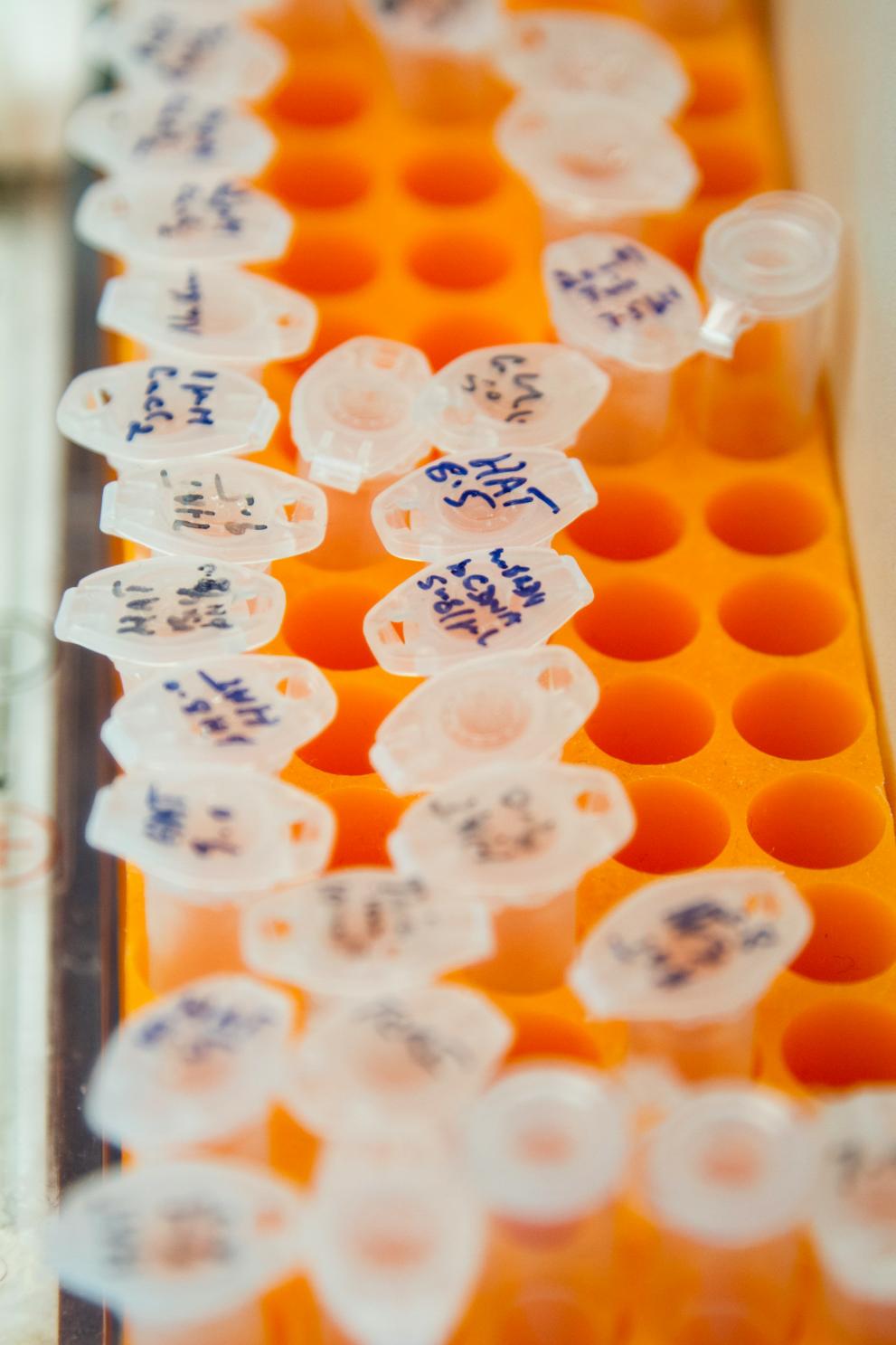
Today, the Commission has published the 2024 edition of the Science, Research and Innovation (R&I) Performance report (SRIP). Over the past two decades, there has been an increase in EU investments in R&I which has contributed to the EU's competitiveness in green tech especially, and to the overall high quality of EU research.
The report also highlights three main challenges for EU R&I:
- Underutilised R&I ecosystems: the EU is a top global player in scientific research, but it is facing several obstacles in exploiting its rich R&I ecosystem at its best. The sharp variations in research & development (R&D) efforts across Member States put the 3% of GDP target still far from being achieved.
- Persistent R&I divide: R&I activities have a tendency to concentrate in certain places – which can be reinforced through provision of support to the highest achieving activities and actors.
- Technological gap compared to other regions of the world, also caused by the complexities in raising private sector investment for R&I at the EU level. While the EU has made strong progress with the green transition, there is still progress to be made in the digital area.
Strengths and weaknesses of EU R&I performance
Some of the key findings of the science, research and innovation performance of the EU report are:
- The EU maintains a leading position in global patent filings related to renewables (29%) and energy efficiency (24%).
- The EU is only surpassed by China in terms of scientific output and represents 18% of the global scientific production. As regards the global share in top 10% most-cited publications, the EU is performing similarly to the US but behind China. In 2021 the EU only ranked fifth in terms of R&I intensity (2.3 %), standing below the US (3.5 %), Japan (3.3 %), South Korea (4.9 %) and China (2.4 %), which surpassed the EU level for R&I intensity for the first time in 2020.
- Compared to the US and China, the EU is less specialised in key productivity-enhancing technologies, particularly in the fields of artificial intelligence, internet of things, blockchain technologies and quantum computers.
- The venture capital market in the EU is limited compared to other regions of the world, hindering private investments in innovative companies.
Background
The SRIP report analyses research and innovation dynamics and its drivers. The report combines indicator-based analysis with deep dives into topical policy issues speaking to an audience of both research and innovation as well as economics and finance policymakers and analysts. This is the fifth edition of the biennial publication. The previous (2022) edition is available here.
The report's launch event will take place on 27 June 2024 from 15:00 to 17:00 (CEST). It will present the report's key findings and host a discussion with high-level speakers on current trends in R&I and related policies.
For More Information
Research and Innovation Collaboration Networks across EU Regions over 2014-2020
Assessing economic divide across EU regions between 2000 and 2021
In search for the best match. Complementarities between R&I funds across EU regions
Tracking country innovation performance: The Innovation Output Indicator 2023
Quote(s)
This edition of the SRIP report reveals that we must intensify our efforts in Europe to achieve the target of investing 3% of GDP in research and development and to deliver innovative solutions for our challenges. Boosting Europe’s scientific and technological capacities and complementary action at the EU, national and regional levels are essential for both current and long-term resilience and competitiveness.
Iliana Ivanova, Commissioner for Innovation, Research, Culture, Education and Youth
Details
- Publication date
- 27 June 2024
- Author
- Representation in Luxembourg
